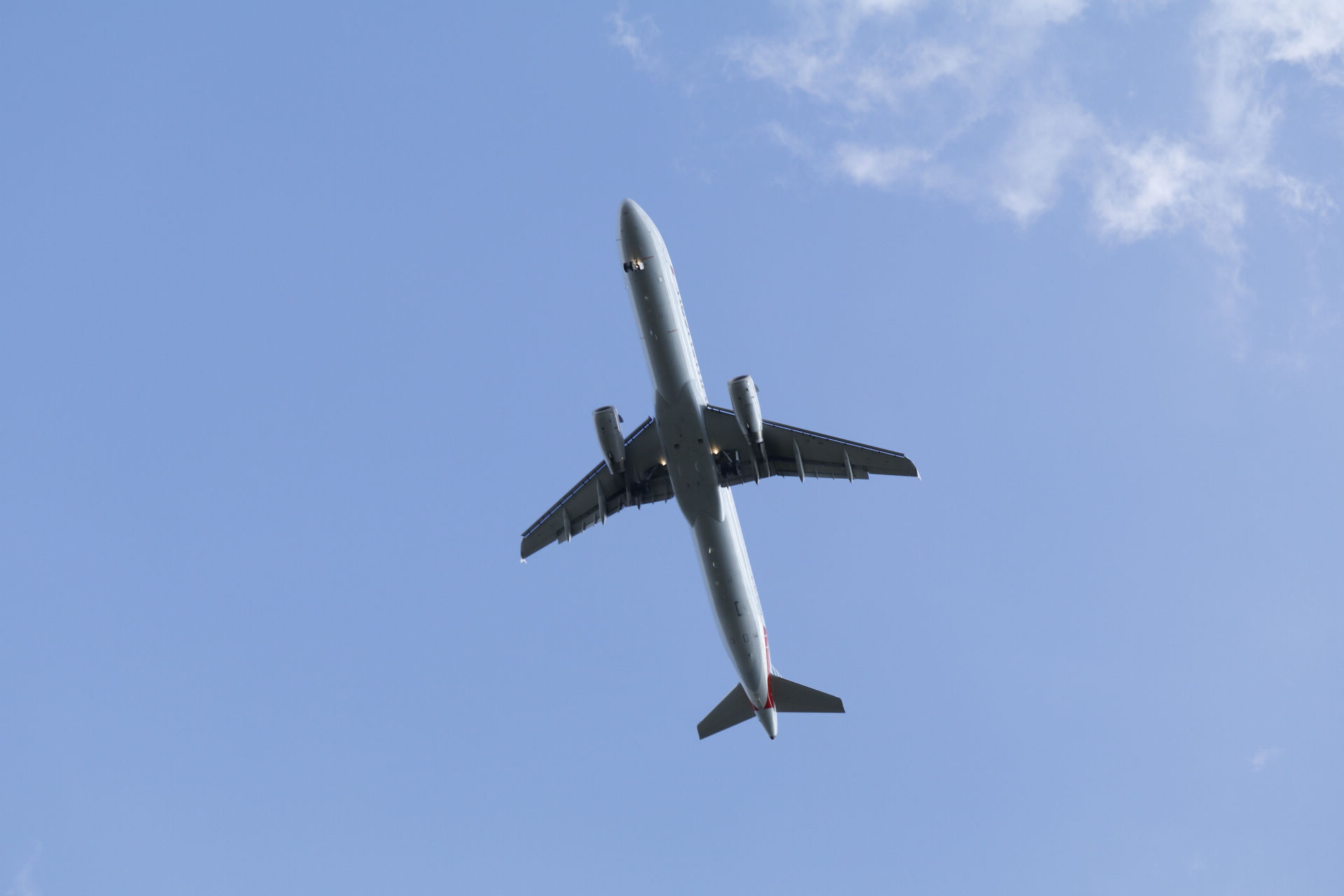
How do airports manage aircraft noise? Airports use a variety of strategies to control aircraft noise and minimize its impact on surrounding communities. Soundproofing homes and schools near airports helps reduce the noise inside buildings. Noise abatement procedures guide pilots on specific flight paths and altitudes to avoid densely populated areas. Curfews and restrictions limit flights during nighttime hours when noise can be more disruptive. Engine modifications and quieter aircraft designs also play a significant role in reducing noise levels. Monitoring systems track noise levels and ensure compliance with regulations. These combined efforts help create a more peaceful environment for everyone living near airports.
Key Takeaways:
- Aircraft noise control is crucial for reducing the impact on communities near airports. Techniques like noise abatement procedures and soundproofing materials help minimize noise over residential areas.
- Advancements in technology, such as quiet aircraft designs and electric propulsion systems, are making modern aircraft much quieter. Regulations and standards ensure that noise levels are kept within acceptable limits.
What is Aircraft Noise Control?
Aircraft noise control involves techniques and technologies to reduce the noise produced by aircraft during takeoff, flight, and landing. This is crucial for minimizing the impact on communities near airports.
-
Noise Abatement Procedures: Pilots follow specific flight paths and procedures to minimize noise over populated areas. These routes are designed to avoid residential zones as much as possible.
-
Engine Design: Modern aircraft engines are built with noise reduction in mind. Engineers use advanced materials and designs to make engines quieter.
-
Soundproofing Materials: Aircraft cabins are lined with soundproofing materials to reduce the noise heard by passengers. These materials absorb and block sound waves.
Why is Aircraft Noise Control Important?
Reducing aircraft noise is essential for the well-being of people living near airports. Constant exposure to high noise levels can lead to health issues and lower quality of life.
-
Health Impact: Prolonged exposure to loud aircraft noise can cause hearing loss, sleep disturbances, and increased stress levels.
-
Property Values: Homes near airports often have lower property values due to noise pollution. Effective noise control can help maintain property values.
-
Community Relations: Airports that actively work on noise control maintain better relationships with surrounding communities. This can lead to fewer complaints and better cooperation.
How Do Airports Manage Aircraft Noise?
Airports implement various strategies to manage and reduce noise. These strategies involve both operational changes and infrastructure improvements.
-
Curfews: Some airports impose curfews, restricting flights during nighttime hours to reduce noise disturbances.
-
Noise Barriers: Physical barriers, such as walls or berms, are constructed around airports to block and deflect noise away from residential areas.
-
Runway Usage: Airports may designate specific runways for takeoff and landing based on wind direction and proximity to residential areas to minimize noise impact.
Technological Innovations in Aircraft Noise Control
Advancements in technology play a significant role in reducing aircraft noise. These innovations make modern aircraft much quieter than their predecessors.
-
Quiet Aircraft Designs: New aircraft models are designed with quieter engines and aerodynamic features that reduce noise.
-
Active Noise Control: Some aircraft use active noise control systems that emit sound waves to cancel out engine noise.
-
Electric Aircraft: Electric propulsion systems are inherently quieter than traditional jet engines. As electric aircraft become more common, overall noise levels will decrease.
Regulations and Standards for Aircraft Noise
Governments and international organizations set regulations and standards to control aircraft noise. These rules ensure that noise levels are kept within acceptable limits.
-
ICAO Standards: The International Civil Aviation Organization (ICAO) sets global standards for aircraft noise. These standards are regularly updated to reflect technological advancements.
-
FAA Regulations: In the United States, the Federal Aviation Administration (FAA) enforces noise regulations and works with airports to implement noise control measures.
-
Noise Certification: Aircraft must meet specific noise certification standards before they can be operated. This ensures that new aircraft are designed with noise reduction in mind.
Future of Aircraft Noise Control
The future of aircraft noise control looks promising with ongoing research and development. New technologies and strategies will continue to reduce noise levels.
- Supersonic Aircraft: Researchers are working on supersonic aircraft that produce less noise. These aircraft could revolutionize air travel while minimizing noise pollution.
Final Thoughts on Aircraft Noise Control
Aircraft noise control is a fascinating field blending technology, engineering, and environmental science. From soundproofing materials to engine design, every aspect aims to make air travel quieter and more pleasant for everyone. Noise pollution affects communities near airports, so innovations like quieter engines and better flight paths are crucial. Regulations and standards set by authorities ensure that airlines and manufacturers prioritize noise reduction. Community involvement also plays a role, with residents voicing concerns and participating in solutions. As technology advances, expect even more effective methods to emerge, making the skies friendlier. Understanding these facts helps appreciate the efforts behind quieter flights and the ongoing quest for a balance between air travel and peace on the ground.
Frequently Asked Questions
Was this page helpful?
Our commitment to delivering trustworthy and engaging content is at the heart of what we do. Each fact on our site is contributed by real users like you, bringing a wealth of diverse insights and information. To ensure the highest standards of accuracy and reliability, our dedicated editors meticulously review each submission. This process guarantees that the facts we share are not only fascinating but also credible. Trust in our commitment to quality and authenticity as you explore and learn with us.


